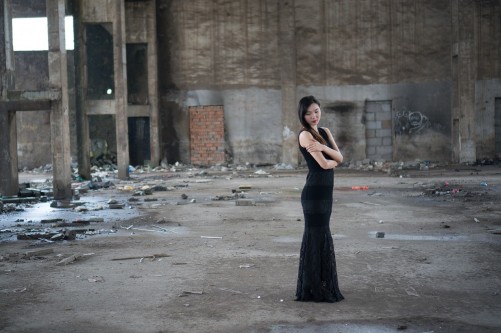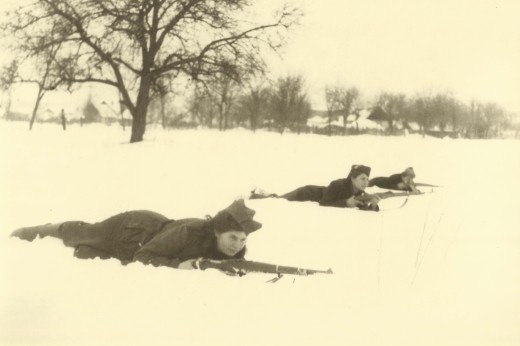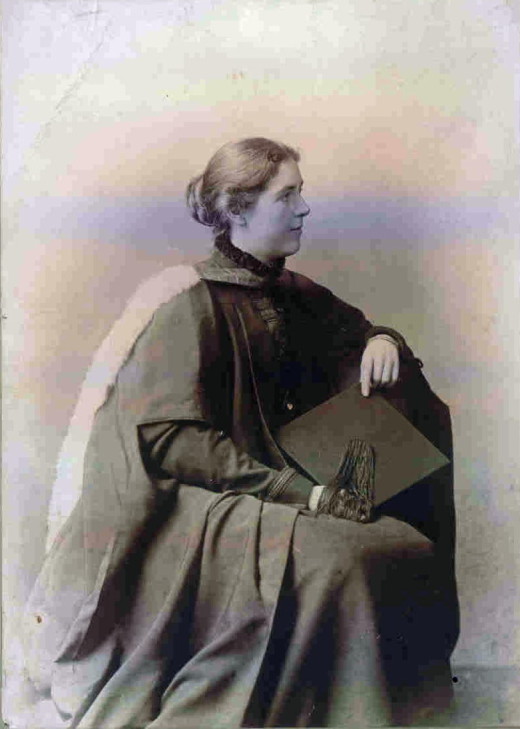Tag: research-led
Femme fatale, martyr, or tragic romantic heroine?
In this fourth Spy Week post, Lucy R. Hinnie explores the threat–political and gendered–embodied by Mary I of Scotland, and the 16th century espionage that led to her ultimate downfall.
Continue reading
The case of Winnie Verloc
Susan Jones is Professor of English Literature at the University of Oxford. Here she explores Conrad’s treatment of Winnie Verloc from ‘The Secret Agent’–one of the writer’s most deadly protagonists.
Continue reading
A dangerous girl?
Nina Fischer explores how Palestinian teenager Ahed Tamimi, now a figurehead in the Nabi Saleh anti-Occupation marches, presents challenges across the political spectrum.
Continue reading
Their dangerous legacy in the post-Yugoslav space
The contribution of ‘partizanke’, or female partisan fighters, to the Yugoslav liberation war was unprecedented in occupied Europe. Here, Chiara Bonfiglioli explores the agency of these women and the reverberations of their actions to the present day.
Continue reading
From 5th century BCE plays to their contemporary adaptions
In the lead up to a new adaptation of Aeschylus’s ‘The Oresteia’, Olga Taxidou reflects on the dangerous women of classical Greek theatre, and the changing treatment of these characters through the centuries.
Continue reading
Challenging authority, championing equality
Helen Kay explores the career, campaigns and achievements of University of Edinburgh alumna Chrystal Macmillan, who remained ‘a pleasant but dangerous woman throughout her life’.
Continue reading
Reflecting on the life and work of the ‘other’ Wordsworth
Award-winning poet Marianne Boruch gives us a poem and reflection on Dorothy Wordsworth, William’s lesser known but no less talented sister.
Continue reading
The contentious legacy of Brenda Fassie, South Africa’s pop princess
Chisomo Kalinga explores the life and career of Brenda Fassie, against a backdrop of traditional values and stereotypes of black female sexuality.
Continue reading
Catherine Wilson: a dangerous woman in UK Parliament
How were women treated in early 20th century UK Parliament? Very differently to men. Catherine Wilson decided to challenge that in a subversive way: disguise herself.
Continue reading




















